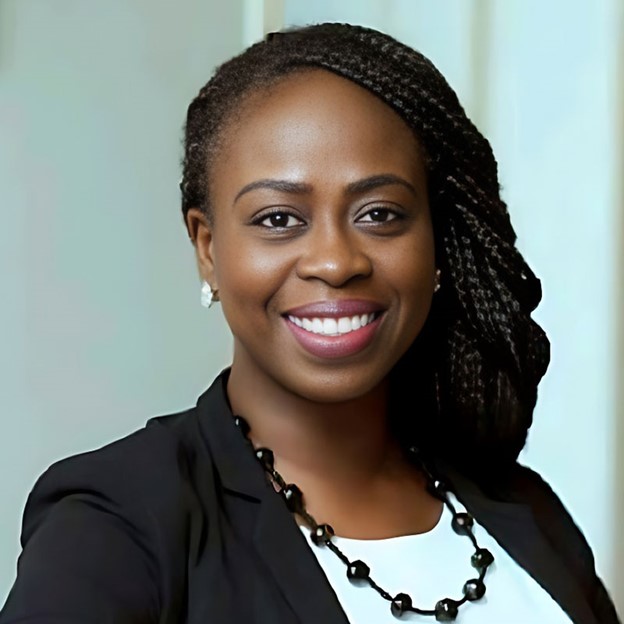The Honourary Consul for New Zealand in Ghana, Nicholina Annor-Adjei, has stressed the need for structural barriers hindering women’s progress in the diplomatic sphere to be dismantled to ensure their success in diplomacy.
She noted that women continue to be under-represented in the diplomatic sphere across the globe, an issue which according to her calls for immediate attention and concerted effort to address.
She said despite progress made in recent decades, there is still a long way to go in terms of enhancing women’s representation in diplomacy, adding: “However, our focus should not solely revolve around women’s representation; we must also ensure that their voices are heard and valued”.
While citing implicit bias, gender stereotyping, limited access to education and training as well as cultural norms that prioritise men’s voices among others as some of the major obstacles to their progress, she stated that currently women make up a mere 30 percent of ambassadors and only a few countries have female heads of state.
Against this backdrop, Ms. Annor-Adjei underscored the need for efforts to support women in diplomacy to be redoubled – thus creating a more inclusive and welcoming environment for them to operate in; and providing them with greater opportunities through mentoring programmes, internships and various initiatives which enable their learning and growth in the field.
She made these statements at the 2023 World Federation of Consuls (FICAC) regional conference for honourary consuls on the African continent, held in Accra on the theme FICAC’s Perspective on Africa and the Role of Honorary Consuls.
Delving into their historical role in diplomacy, she said that unlike past centuries when women were excluded from diplomatic service and their voices silenced in matters of international relations, today tremendous changes have taken place – and many of them are participating in social and political life, decision-making processes and diplomacy.
“Generally, in the past women accompanied their husbands abroad, took care of diplomatic households, entertained guests and prepared dinner-parties. The United Nations’ establishment in 1945 marked a great turning point as women gradually acquired the right to vote and hold office in numerous countries worldwide. Since then, they have played an increasingly significant role in international affairs,” she elaborated.
Highlighting their capabilities and strength in diplomacy, she noted that women’s diverse life experiences and problem-solving approaches offer valuable insights – particularly in the face of conflicts and multifaceted conflicts.
Possessing unique communication styles which make them invaluable in diplomatic negotiations, she said their inclusion in the peace-building process is essential for long-term and sustainable success. “Women often exhibit cooperative and consensus approaches, whereas men may prioritise competition and power dynamics. But in diplomacy, finding common ground and fostering trust are essential for achieving success,” Ms. Annor-Adjei elaborated.
She added that: “When women participate in diplomatic negotiations and international forums, they become powerful role-models for women and girls worldwide. This aspect is particularly significant in societies where women’s voices are marginalised and where young girls mainly struggle to envision a path to leadership and representation”.
Due to women’s vulnerability to harassment and intimidation, she said, it is imperative that additional measures are taken to ensure their safety and provide them with the necessary resources and support to carry out their duties securely. “The numerous challenges that women face carrying out their diplomatic duties, particularly in hostile environments, cannot be shrugged off when discussing equality,” she further said.
She said the sure way to pull apart structural barriers in the diplomatic arena is by increasing women’s presence in diplomacy to pave the way for a more equitable and just world.










